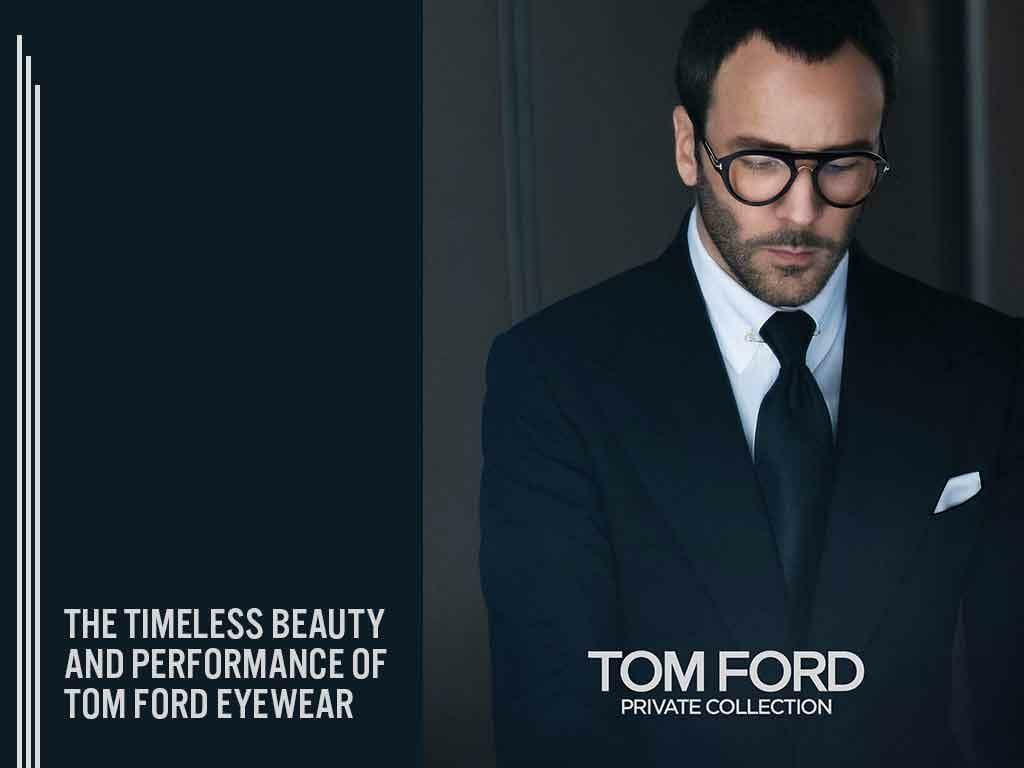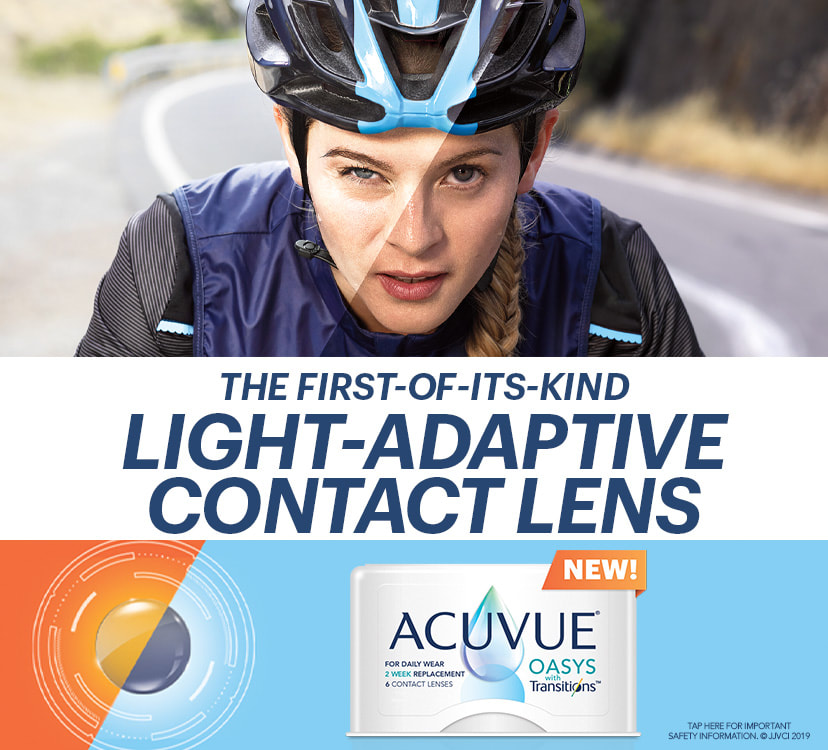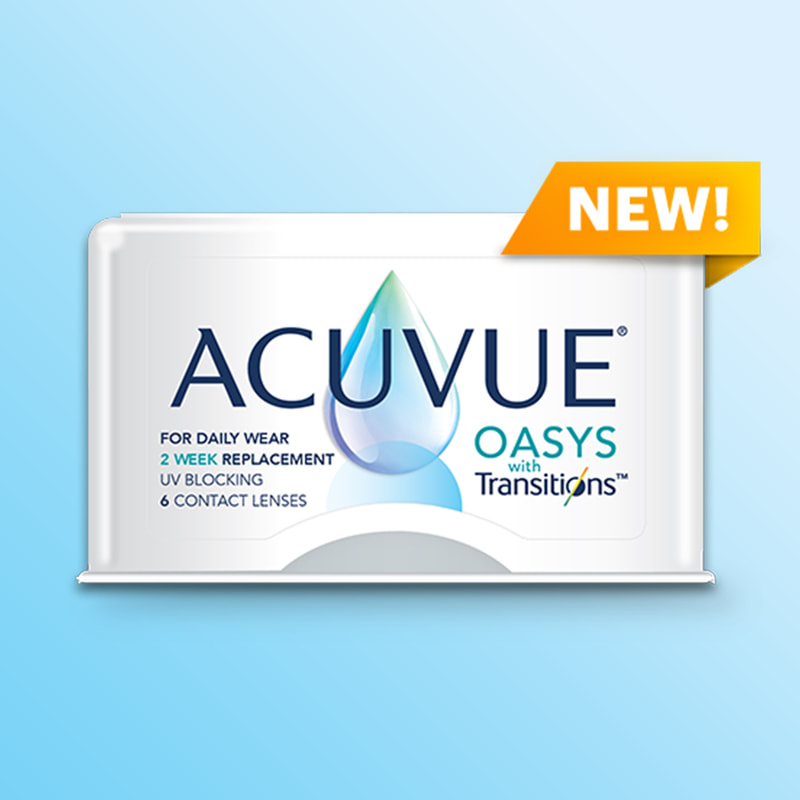One question that I get asked quite a bit is what food is healthy for the eyes? Look no further(no pun intended)! In this blog, I will discuss all you need to know about nutrition for the eyes.
Which foods should you eat for the health of your eyes? The answer is...eat a variety of colors every day. Different colors of fruits and vegetables have different nutrients. Let's talk about the most important, as we break it down by colors.
GREEN. Leafy greens. This would include spinach, lettuce, kale, collards, mustard greens, and swiss chard. Not only are these foods high in fiber, folic acid and iron, they are also high in antioxidants, specifically the carotenoids lutein and zeaxanthin, both of which are stored in the macula and act like a sunblock to protect the retina and macula from damaging light.
ORANGE. Carrots, orange bell peppers, sweet potatoes, egg yolks. You've always heard that carrots are good for your eyes? It's true. Beta-carotene, which gives these foods their orange hue, is a carotenoid that the body breaks down into vitamin A. Beta-carotene has been shown to slow the progression of age related macular degeneration when eaten in combination with other nutrients(zinc, vitamin E, Vitamin C ,and copper). In the U.S., most chickens are fed supplements of beta-carotene to give their flesh and their egg yolks a more golden hue, but it also gives those who eat eggs an extra nutritional boost. Vitamin A helps the retina produce melanin, which is a pigment that protects the eyes from sun damage.
FISH. Tuna, salmon, mackerel, sardines, anchovies. These are all high in omega-3 fatty acids, one of which(DHA) is a major building block of the retina, as well as the brain and skin. Half of the retina's photoreceptors--rods and cones--are made up of omega-3 fatty acids! As a result of this, a diet rich in omega-3 fatty acids is recommended, especially those who have macular degeneration. Now, it is worth noting that a study came out recently that concluded that omega-3 fatty acids produced in pill form were not effective in countering the effects of macular degeneration. So based on this, I recommend consuming omega-3 fatty acids from natural sources--fish.
Those are the big three. Other sources of natural ocular nutrition:
BLACK CURRANTS, CHERRIES, DARK BERRIES. These foods contain Anthocyanins. This is a flavonoid responsible for giving these fruits their deep purple, blue, and red colors. It has been shown to protect the retina and they may also reduce cataracts in those who have diabetes. The vitamin C in these fruits is also a powerful antioxidant.
ALMONDS, PISTACHIOS, SEEDS, WHEAT GERM. These foods are all exceptionally high in vitamin E, an antioxidant that has been shown to reduce the progression of macular degeneration and cataract formation. If you are watching your weight, you need to be careful when eating these foods--nuts are high in calories. Personally speaking, every time I eat a Kind bar, I always seem to gain two pounds.
So there you have it! These are the foods that are best for your eyes. Even though many of these vitamins and nutrients are available in pill form, I feel that it's best to consume them naturally, through organic foods.
Which foods should you eat for the health of your eyes? The answer is...eat a variety of colors every day. Different colors of fruits and vegetables have different nutrients. Let's talk about the most important, as we break it down by colors.
GREEN. Leafy greens. This would include spinach, lettuce, kale, collards, mustard greens, and swiss chard. Not only are these foods high in fiber, folic acid and iron, they are also high in antioxidants, specifically the carotenoids lutein and zeaxanthin, both of which are stored in the macula and act like a sunblock to protect the retina and macula from damaging light.
ORANGE. Carrots, orange bell peppers, sweet potatoes, egg yolks. You've always heard that carrots are good for your eyes? It's true. Beta-carotene, which gives these foods their orange hue, is a carotenoid that the body breaks down into vitamin A. Beta-carotene has been shown to slow the progression of age related macular degeneration when eaten in combination with other nutrients(zinc, vitamin E, Vitamin C ,and copper). In the U.S., most chickens are fed supplements of beta-carotene to give their flesh and their egg yolks a more golden hue, but it also gives those who eat eggs an extra nutritional boost. Vitamin A helps the retina produce melanin, which is a pigment that protects the eyes from sun damage.
FISH. Tuna, salmon, mackerel, sardines, anchovies. These are all high in omega-3 fatty acids, one of which(DHA) is a major building block of the retina, as well as the brain and skin. Half of the retina's photoreceptors--rods and cones--are made up of omega-3 fatty acids! As a result of this, a diet rich in omega-3 fatty acids is recommended, especially those who have macular degeneration. Now, it is worth noting that a study came out recently that concluded that omega-3 fatty acids produced in pill form were not effective in countering the effects of macular degeneration. So based on this, I recommend consuming omega-3 fatty acids from natural sources--fish.
Those are the big three. Other sources of natural ocular nutrition:
BLACK CURRANTS, CHERRIES, DARK BERRIES. These foods contain Anthocyanins. This is a flavonoid responsible for giving these fruits their deep purple, blue, and red colors. It has been shown to protect the retina and they may also reduce cataracts in those who have diabetes. The vitamin C in these fruits is also a powerful antioxidant.
ALMONDS, PISTACHIOS, SEEDS, WHEAT GERM. These foods are all exceptionally high in vitamin E, an antioxidant that has been shown to reduce the progression of macular degeneration and cataract formation. If you are watching your weight, you need to be careful when eating these foods--nuts are high in calories. Personally speaking, every time I eat a Kind bar, I always seem to gain two pounds.
So there you have it! These are the foods that are best for your eyes. Even though many of these vitamins and nutrients are available in pill form, I feel that it's best to consume them naturally, through organic foods.





 RSS Feed
RSS Feed
